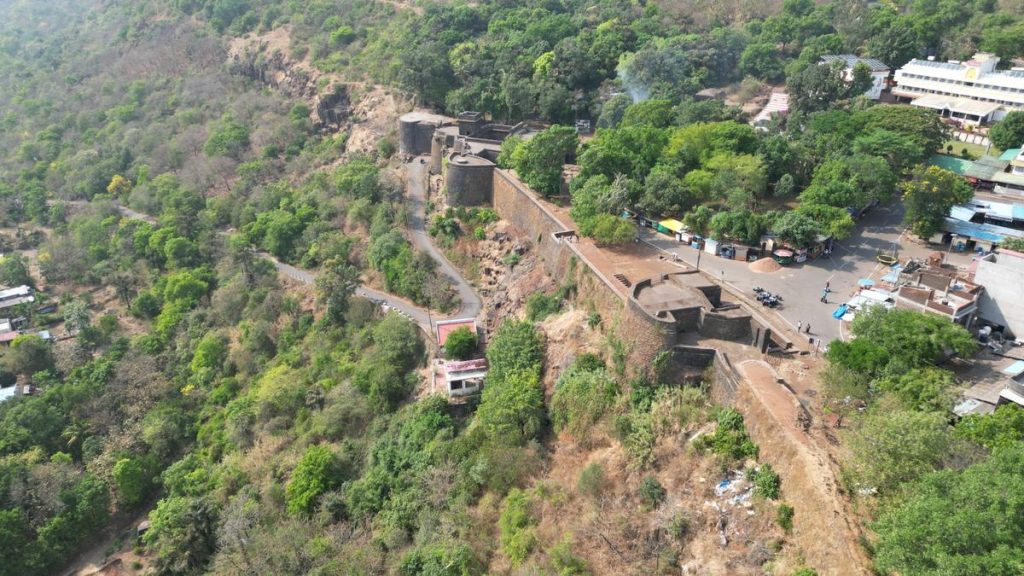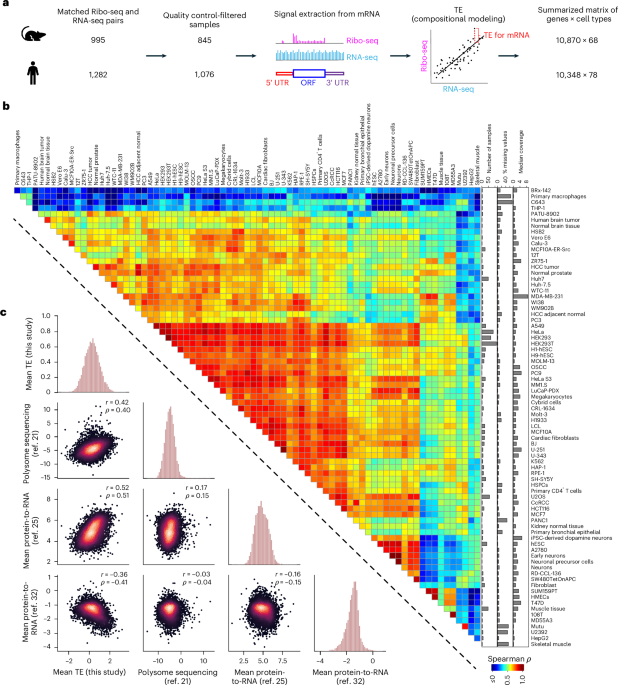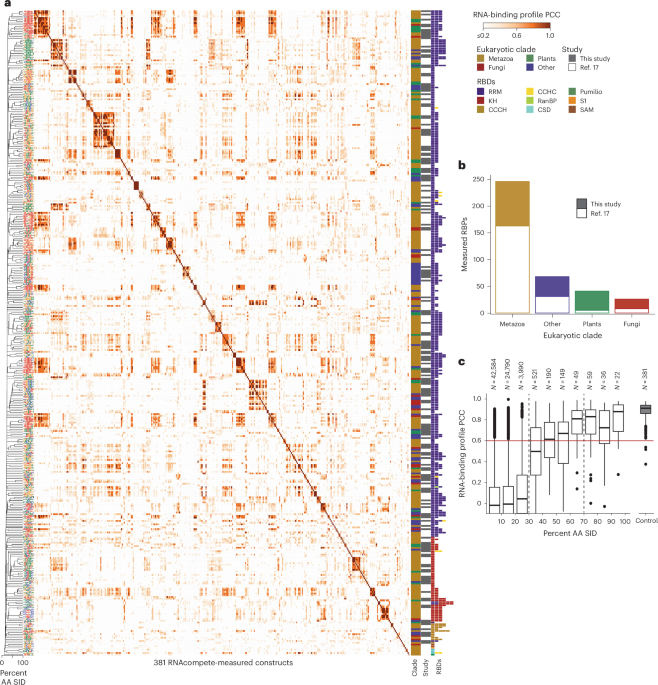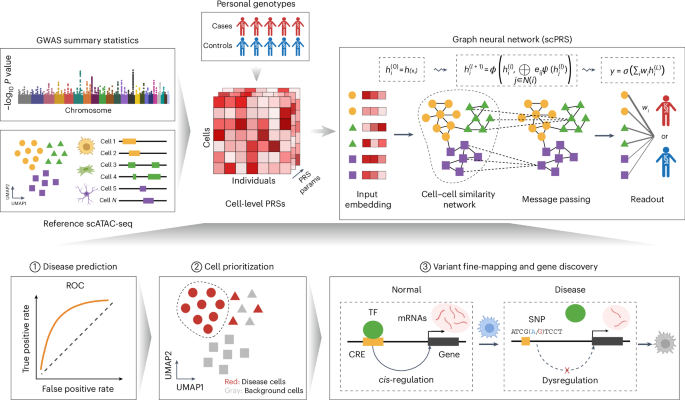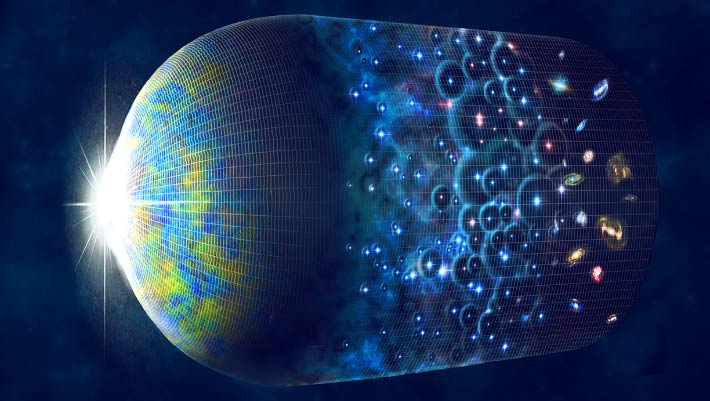Now Reading: Is Dark Energy Changing in Unforeseen Ways?
-
01
Is Dark Energy Changing in Unforeseen Ways?
Is Dark Energy Changing in Unforeseen Ways?

Quick Summary:
- The DESI collaboration has uncovered evidence suggesting time-varying dark energy in the universe,hinting at models beyond lambda CDM (the standard cosmological model).
- DESI data alone align with the Lambda CDM model but combined with measurements like cosmic Microwave Background (CMB), supernovae distances, and weak lensing show signs that dark energy may be weakening over time.
- Evidence ranges between 2.8 to 4.2 sigma, below the 5 sigma threshold required for a finding.
- A bias-reducing analysis technique was employed in evaluating large spectroscopic survey datasets – considered a new standard in astrophysical methodology.
- DESI uses NSF’s Nicholas U.Mayall telescope to study light from galaxies and aims to eventually measure around 50 million galaxies and quasars and over 10 million stars during its five-year project.
- This most recent dataset from three years of observations includes nearly 15 million well-measured galaxies/quasars, doubling precision compared to early analyses which also indicated evolving dark energy trends.
- DESI tracks matter distribution patterns called Baryon Acoustic Oscillations (BAO) as a way of measuring historical cosmic expansion influenced by dark energy.
- Additional future experiments will provide complementary data while ongoing analyses seek further insight into current datasets.
Indian Opinion Analysis:
The findings revealed by the DESI collaboration represent significant progress on cosmic questions about dark energy-a force fundamentally shaping the Universe’s evolution. If confirmed, indications of evolving dark energy could redefine physics’ understanding of long-term cosmic expansion dynamics.
For India’s scientific community-actively growing its astrophysics capabilities-the precision tools employed by projects like DESI emphasize opportunities for engaging deeply in international collaborations or developing indigenous instruments capable of similar research advances. Furthermore, such studies could inspire domestic interest or spur investments targeted at space sciences.
As global science increasingly focuses on understanding foundational universal forces through projects like this one,India will benefit not just scientifically but geopolitically from prioritizing participation or contributing complementary expertise/data; it aligns with efforts toward enhancing its presence among forefront nations driving innovative exploration into existential mysteries like these.




